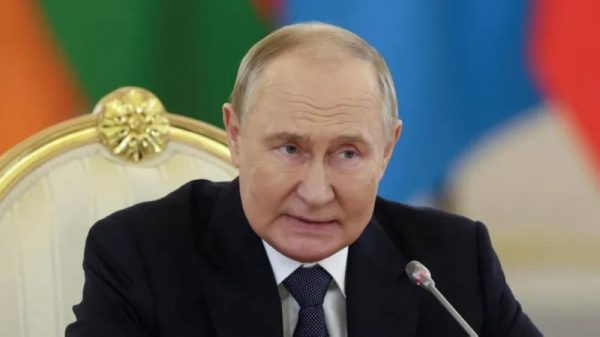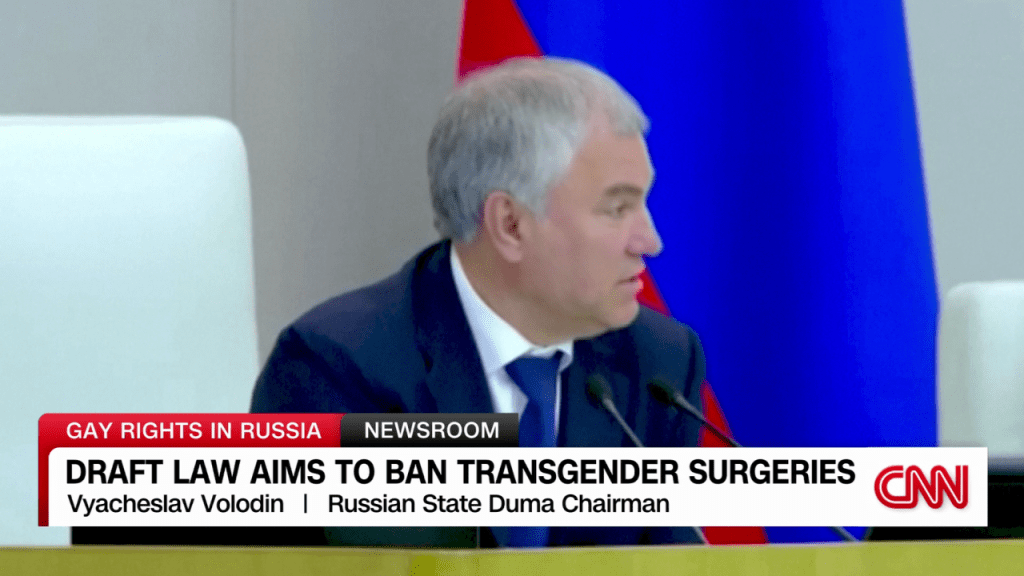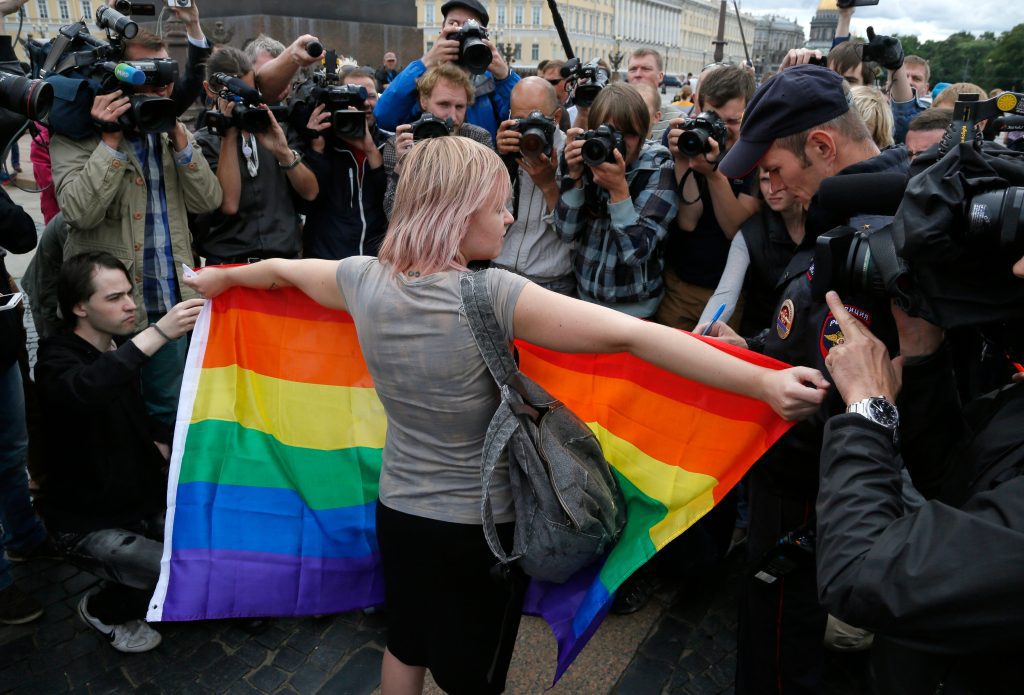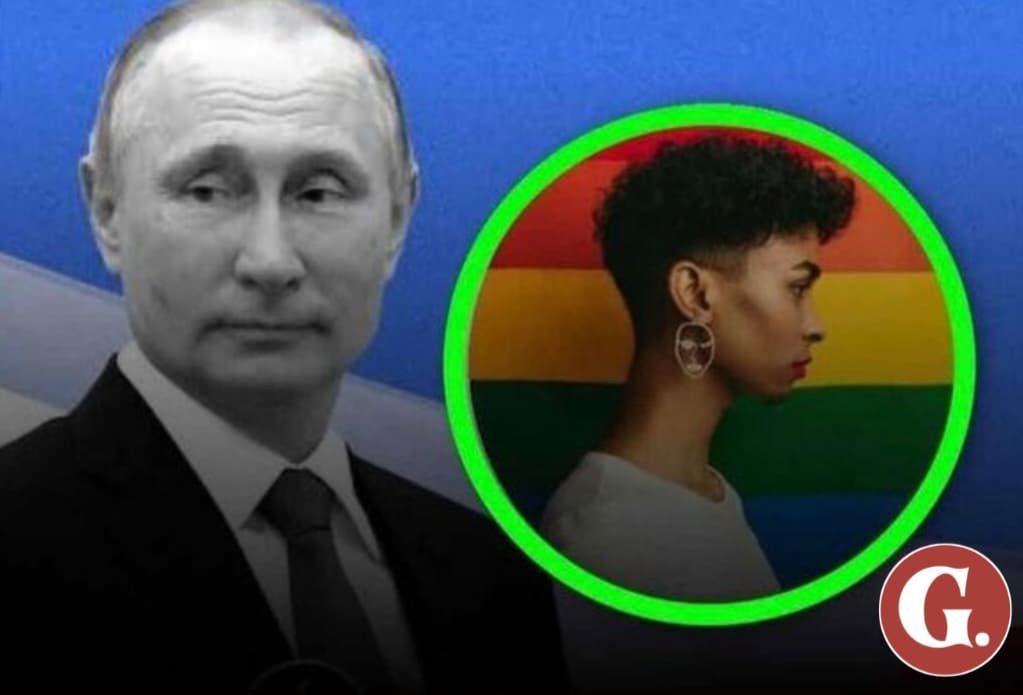Russia Officially Bans People From Countries Allowing Gender Transition From Adopting Children, Adding to Growing LGBTQ Restrictions
The news coming out of Moscow in recent months has left many people around the world both heartbroken and frustrated. Russia has taken another step in tightening its laws on family and adoption, this time by barring people from countries that allow gender transition from adopting Russian children. President Vladimir Putin signed this law in late 2024, and while it is presented by the government as a way of “protecting traditional values,” the move has been widely criticized as another blow to LGBTQ rights and freedoms. To fully understand how we got here, it’s important to look at both the wider context of Russian policies and the specific details of this ban.

For years, Russia has carefully crafted laws aimed at what its leaders describe as the defense of family and morality. It began with restrictions on what could be seen as “LGBTQ propaganda” and expanded into broader cultural and legal measures that limited visibility and acceptance of LGBTQ people. One of the most well-known decisions came back in 2012 when Russia banned adoptions by American citizens after political tensions rose between the two countries. That earlier law was justified as a matter of sovereignty and retaliation, but it also foreshadowed how adoption would become a tool for signaling Russia’s social policies to the rest of the world.

This latest decision specifically bars adoption by anyone from countries that recognize gender-affirming care or legal gender transition. In practice, this means that individuals from dozens of nations across Europe, North America, and beyond will no longer be able to adopt Russian children. Transgender individuals themselves are also excluded, since Russian law now classifies them as unfit under its revised rules. It is not just a symbolic step. Russia is one of the countries with a significant number of children living in state institutions, and international adoption has historically played a role in providing homes. By closing the door further, the government is narrowing opportunities for children while also sending a clear political message to the world.
The way the law is framed reflects a much larger theme in Russian politics. Leaders emphasize the idea of defending “traditional values” against what they describe as foreign influence. While the language is broad, it has consistently translated into limitations on LGBTQ rights and recognition. Activists inside Russia say the atmosphere has grown darker, with increased fear among those who identify as LGBTQ or who advocate for equality. Families that might once have hoped for a chance to adopt across borders are now caught in the middle of a political battle.

Internationally, the reaction has been swift. Human rights groups and adoption advocates have expressed deep concern, pointing out that the policy hurts the very children it claims to protect. Instead of finding safe, loving homes, more children will remain in institutions or foster care, all while being used as pawns in a cultural and political struggle. Western governments have also voiced criticism, seeing the law as part of a broader campaign that isolates Russia from international norms on equality and human rights.
At its core, this law isn’t only about paperwork or legal language. It is about real lives—children who dream of families, parents who wish to provide homes, and communities that long for acceptance. The global conversation about this move is not likely to fade soon, because it touches on the most human of issues: love, family, and the right to live authentically. While Russia insists this is about protecting its identity and culture, for many outside observers it feels like another wall built higher between its people and the world.



